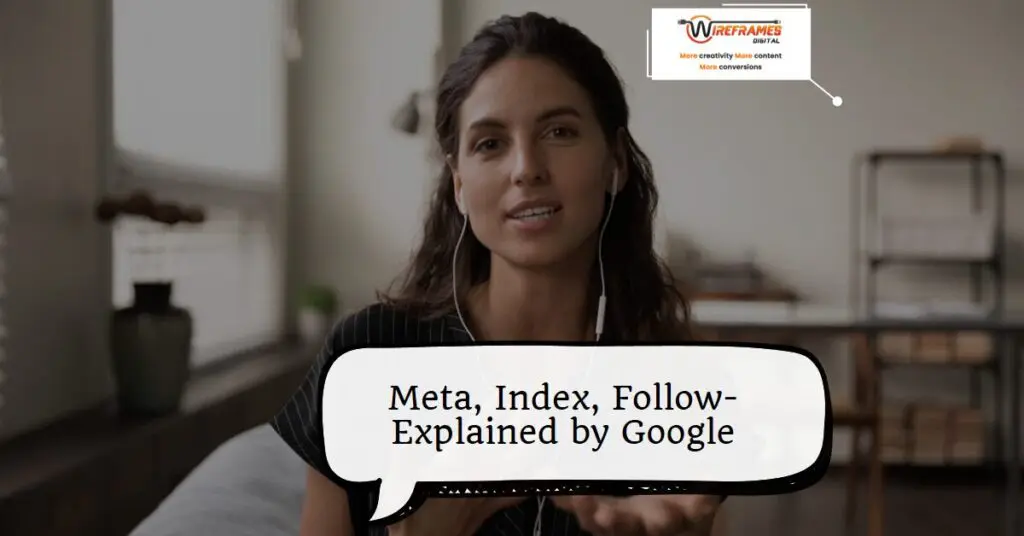Hey there, digital explorer! Today, we’re diving into a topic that has left many in the SEO world scratching their heads. You might have seen the meta tags index and follow while working on your websites. Are they still important? Are they even necessary? Let’s clear up the meta tag mystery together!
What’s the Deal with Index & Follow?
Imagine you’re a new parent to an adorable baby. As a loving caregiver, you find yourself repeating some basic instructions often, like “make sure to eat” and “remember to sleep.” After a while, you might realize you’re repeating instructions that are actually quite obvious. The same applies to the <meta name="robots" content="index, follow"> tag.
Google’s John Mueller lifted the veil on this subject, stating that index and follow tags are unnecessary and not given any attention by Google. 👀 That might be surprising, but stay with me!
Unnecessary, but Not Harmful
These meta tags don’t need to be there because indexing and following links are already default behaviors for search engine robots, like Googlebot. Like a parent reminding their child to eat, the tags are a bit redundant and just waste precious HTML space!
But don’t toss the baby out with the bathwater! 🛁 Although redundant, indexing and following links are still essential tasks, and the tags won’t mislead search engines. However, if we shift gears to other meta tags like noindex and nofollow, things change!
Noindex and Nofollow—A Whole Different Story
While Google isn’t bothered by index and follow, it definitely listens when it encounters the <meta name="robots" content="noindex, nofollow"> tags. These tags tell Googlebot not to index the page or follow its links–a whole lot different from their seemingly harmless counterparts!
Here’s an example:
Imagine you’ve been meticulously curating a collection of cute cat pictures, and you want to keep it away from prying eyes. If you create a webpage displaying your treasure, you can utilize a <meta name="robots" content="noindex, nofollow"> tag to keep Googlebot from indexing your secret page.
Now, you might ask—what about other search engines, like Bing? Well, Bing interprets index and follow slightly differently. According to Bing’s documentation, while these tags aren’t required, you can still use them if you desire.
Approaching SEO with a Clear Vision
In conclusion, your friendly digital guide Wireframes Digital’s light-hearted verdict is that placing index and follow in your meta tags just isn’t needed for Google…but feel free to get fancy for other search engines!
Our goal is always to empower you with useful knowledge, making the ever-changing digital landscape enjoyable and approachable. With the knowledge you’ve gained today, you’ll be able to move forward on your digital journey with confidence. Until next time, digital explorer! Happy SEO adventures! 🚀
















